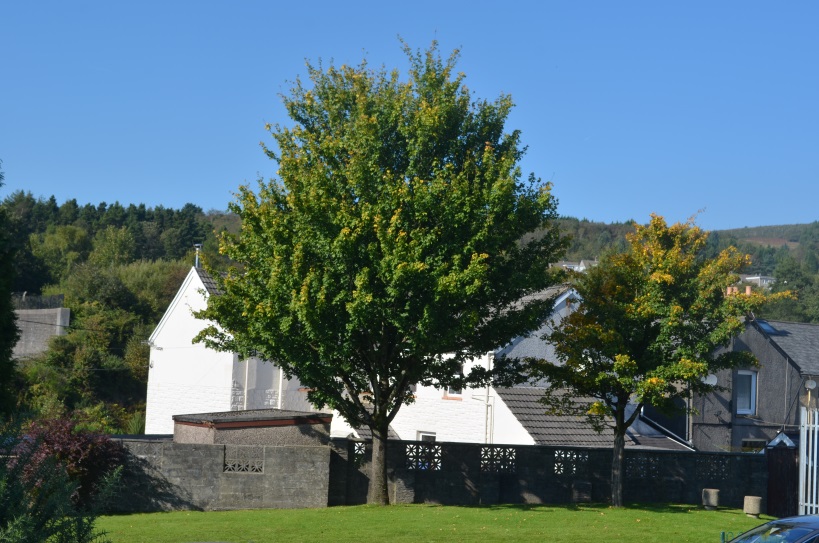Summary
The study found impacts varied between different i-Tree Eco projects, with a number of factors identified that either hindered or supported the achievement of impact from the projects. Recommendations are made to support greater impact generation from future i-Tree Eco projects.
This represents the first known multi-project impact evaluation of i-Tree Eco. This evaluation will help to improve the impact of future i-Tree Eco surveys through better project planning, delivery and engagement with stakeholders to support understanding of the i-Tree Eco findings and implementation of the recommended actions.

Research Objectives
i-Tree Eco projects provide information on the structure, condition and value of the urban forest (i.e. all the trees in the urban realm). Since the pilot study in Torbay in 2011, i-Tree Eco surveys have been carried out in over 20 urban areas across Wales, Scotland and England. These projects aim to provide an evidence base to inform urban tree management, raise awareness of the value of urban trees and justify investment in their management. Yet there has been little evaluation of whether such projects achieve these aims.
Forest Research has reviewed the impact of i-Tree Eco projects on awareness, policy and management associated with the urban forest in order to understand how better to utilise these surveys and their results in the future. This evaluation study was a collaboration between the Social and Economic Research Group and the Urban Forest Research Group.
Findings and Recommendations
Study outputs:
Part 1. Literature review: A review of literature was conducted which explored the i-Tree Eco tool, its application internationally, the potential role for i-Tree Eco within urban forest management and the context to six case studies used in Part 2. The literature review drew on materials available online, including policies, reports, media articles and research articles.
Part 2. Impact evaluation: This part of the study focused on six i-Tree Eco projects in GB: Torbay and Sidmouth in England, Edinburgh and Glasgow in Scotland, and Bridgend and Tawe catchment in Wales. To assess impacts, 17 stakeholders were interviewed. This information was supplemented by 40 responses to an online questionnaire. Questions were designed using an impact evaluation framework that examines impact within five key impact areas. How and whether impacts were generated was explored, barriers to impact were identified and how these could be overcome was discussed.
Part 3. Impact summaries: One-page reviews highlight emerging or realised impacts from eight i-Tree Eco projects (including the six case studies), with impacts identified from the interview responses and a review of reports and policies.
- Torbay impact summary
- Edinburgh impact summary
- Glasgow impact summary
- Wrexham impact summary
- London impact summary
- Bridgend impact summary
- Sidmouth impact summary
- Tawe catchment impact summary
Part 4. Executive summary: This report brings together and summarises the results from Parts 1 and 2.
Funding & Partners
- Forestry Commission Scotland
- Forestry Commission GB
- Forestry Commission England
- Natural Resources Wales
